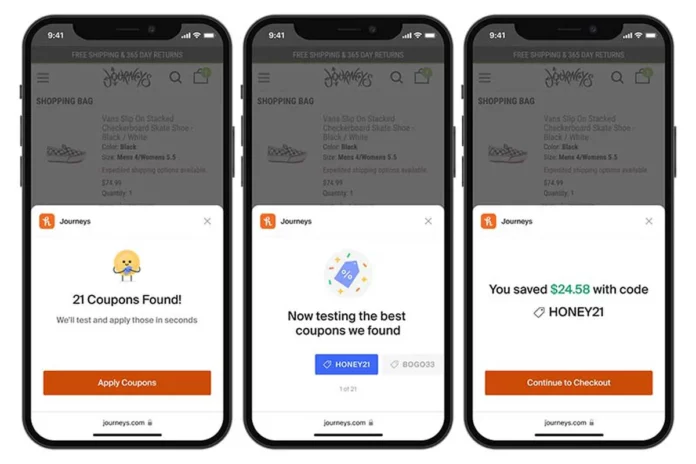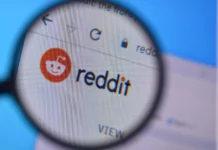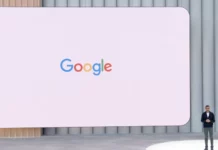The PayPal Honey browser extension is, in theory, a convenient way to find the best deals on products when you shop online. But in a video posted this weekend, YouTuber MegaLag claims that the extension is a “scam” and that Honey “steals money from influencers, including the money they paid to promote their product.”
Honey works on the principle of a pop-up window offering to find coupon codes for you when you checkout at an online store. But, as MegaLag notes, it often fails to find a code or offers a Honey-branded code even if a simple internet search would find something better. Honey’s website claims that it will “find every valid promo code on the web”. But according to MegaLag’s video, ignoring the best deals is a feature of Honey’s partnerships with its retail clients.
MegaLag also claims that Honey will steal affiliate revenue from influencers. According to MegaLag, if you click on an affiliate link from an influencer, Honey will replace it with its own tracking link when you interact with its deal pop-up at checkout. This happens regardless of whether Honey found you the coupon or not, and it results in Honey getting credit for the sale rather than the YouTuber or website whose link led you there.
Paypal’s vice president of corporate communications Josh Criscoe told The Verge in an email that “Honey follows industry rules and practices, including last-click attribution.”
MegaLag is not the first to make such statements. A 2021 Twitter post recommends using Honey discount codes in a different browser to avoid affiliate credits. An employee of Linus Media Group also explained in a forum response in 2022 that Linus Tech Tips had dropped Honey as a sponsor due to its affiliate link practices.
Honey’s usability has led to the extension being widely recommended, including in nearly 5,000 Honey-sponsored videos on about 1,000 YouTube channels, according to MegaLag. We even recommended it here on The Verge; we don’t do that now.









